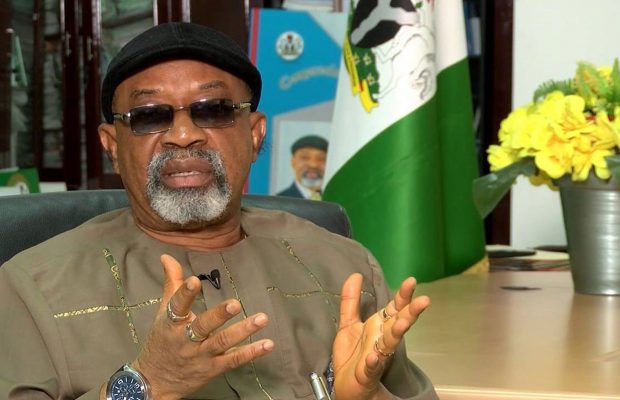No State Govt Can Pay Minimum Wage Below N30,000- FG Declares
No state government has the powers to alter the 2019 national minimum wage of N30, 000 as signed into law by President Muhammadu Buhari, according to the Federal Government.
The Minister of Labour and Employment, Dr. Chris Ngige, made the declaration in Abuja Wednesday at a one-day stakeholders’ meeting on the implementation of the minimum wage between the Nigeria Labour Congress (NLC) and its state councils.
He stated that having been signed into law, no employer in the country has any other choice than to pay the specified N30, 000.
“The 2019 minimum wage law has become a constitutional matter that no one can tamper with,” he said.
Ngige explained that the meeting was aimed at strengthening the collective bargaining mechanism, and also for setting the framework for dialogue and dispute resolution in the course of negotiation for the implementation of the minimum wage and the attendant consequential adjustments at the state level.
He implore the NLC state councils to work with the social partners, including the organised private sector, to reach agreement and ensure effective implementation of the new model across states through collective bargaining.
The minister urged various state governments to cooperate with the organised labour during negotiations with a view to achieving success in the overall interest of industrial peace and harmony in the workplace.
The President of NLC, Ayuba Wabba, said the meeting became imperative because labour did not want to leave any state council behind in the implementation of the new national wage.
He highlighted that while a number of states were paying even beyond the N30,000 mark, others were still negotiating the terms of implementation and a few were yet to begin the process.
He said that the meeting would take a unified position on the scenario in each state and design appropriate tools to tackle specific challenges as may be dictated by prevailing circumstances in the state.




